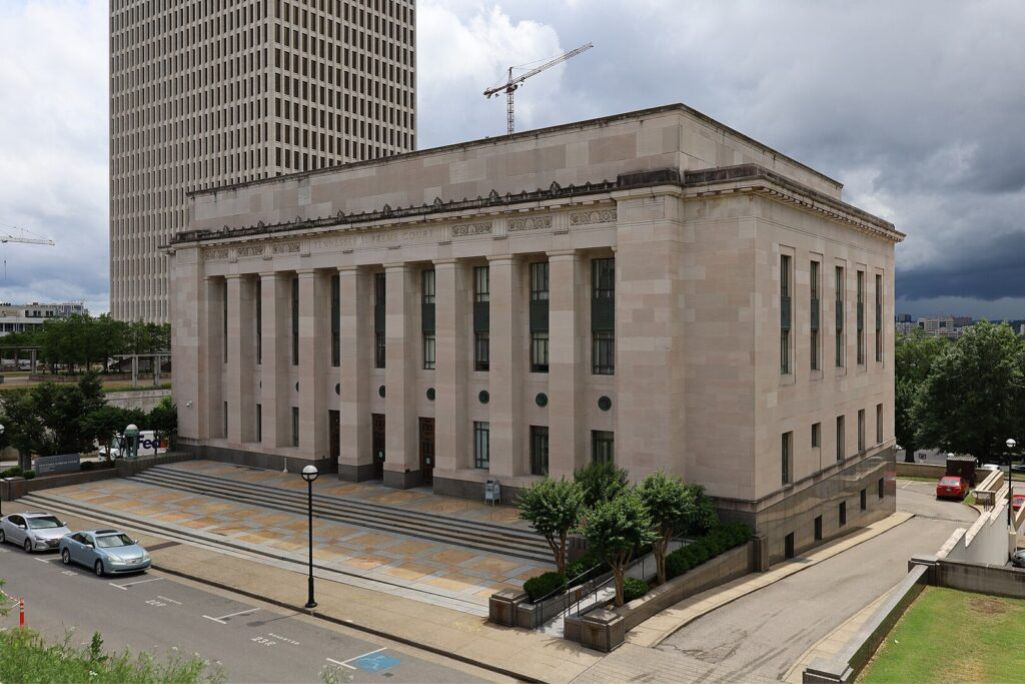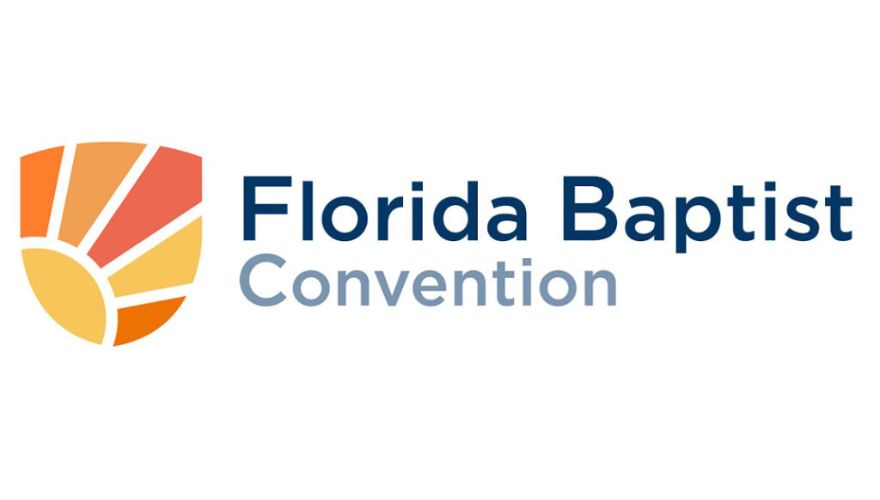
NASHVILLE (BP) — The Southern Baptist Convention (SBC) and other defendants lost an appeal in a Tennessee district court but have appealed to the Tennessee Supreme Court. The case, Preston Garner et. al. v. Southern Baptist Convention et. al., regards an inquiry made by the SBC Credentials Committee in the course of following up on a confidential report made to the SBC’s abuse hotline.
Preston Garner, a long time worship pastor and school music teacher, and his wife Kellie filed suit in 2023 against the SBC, Guidepost Solutions, the SBC Executive Committee (EC), the SBC Credentials Committee and EC staff member Christy Peters, who serves as the SBC’s committee relations manager. The Garners are alleging defamation/libel and slander, defamation by implication, invasion of privacy and loss of consortium.
The SBC et. al. have argued for dismissal of the suit on two grounds: 1) that the case falls under the ecclesiastical abstention doctrine, which holds a court cannot resolve disputes that involve religious doctrine, and 2) that the case falls under the Tennessee Public Participation Act (TPPA), which provides protection against legal action that is “based on, relates to, or is in response to that party’s exercise of the right to free speech, right to petition, or right of association.”
In January 2024, Blount County (Tenn.) Judge David Duggan denied the defendants’ motion to dismiss, ruling that neither the ecclesiastical abstention doctrine nor TPPA applied in the case.
The defendants appealed, and in January of this year, the Tennessee Court of Appeals agreed with Duggan in part and disagreed in part.
It agreed that the ecclesiastical abstention doctrine does not apply, however it also said, “We conclude that the trial court erred in finding that the TPPA does not apply to this case and reverse that portion of the judgment.”
The defendants appealed to the Tennessee Supreme Court on March 10.
Background
The SBC’s abuse hotline, which is maintained by Guidepost Solutions, received a report in 2022 from a woman claiming that Garner had sexually abused her 12 years prior when he was serving as interim pastor of Englewood Baptist Church in Rocky Mount, N.C. Guidepost relayed the information to the SBC Credentials Committee.
On Jan. 7, 2023, Peters sent a letter on behalf of the Credentials Committee to Everett Hills Baptist Church in Maryville, Tenn., where Garner was then employed as worship pastor. The letter informed the church that the committee had “a concern regarding the relationship between Everett Hills Baptist Church in Maryville, Tennessee, and the Southern Baptist Convention. Specifically, the concern is that the church may employ an individual with an alleged history of abuse.”
The letter asks questions about Everett Hills’ hiring practices and about Garner’s current employment status there and asks the church to respond within 30 days.
At the time the letter was sent, Garner was also employed as a music teacher at The King’s Academy, a Christian school. He had recently resigned from Everett Hills and was set to take another position at First Baptist Church of Concord, Tenn. He claims the letter and subsequent fallout caused First Baptist to withdraw its offer of employment and caused The King’s Academy to suspend him and ultimately terminate his employment.
Credentials Committee
The SBC’s Credentials Committee, which was repurposed into a standing committee in 2019, is tasked with considering questions that arise as to whether a church is in “friendly cooperation” with the SBC per criteria spelled out in the SBC Constitution. One of the ways a church can be found not in friendly cooperation is to act “in a manner inconsistent with the Convention’s beliefs regarding sexual abuse.”
According to sbc.net, “The Credentials Committee may make inquiries of a church, but may not exercise any authority over a church through an investigation or other process that would violate Article IV of the SBC Constitution.”
The committee makes judgments based on its inquiries and can recommend that the SBC Executive Committee deem a church “not in friendly cooperation.” Such action has been taken by the Executive Committee based on the recommendation of the Credentials Committee a number of times the past few years.
(EDITOR’S NOTE — Laura Erlanson is managing editor of Baptist Press.)


